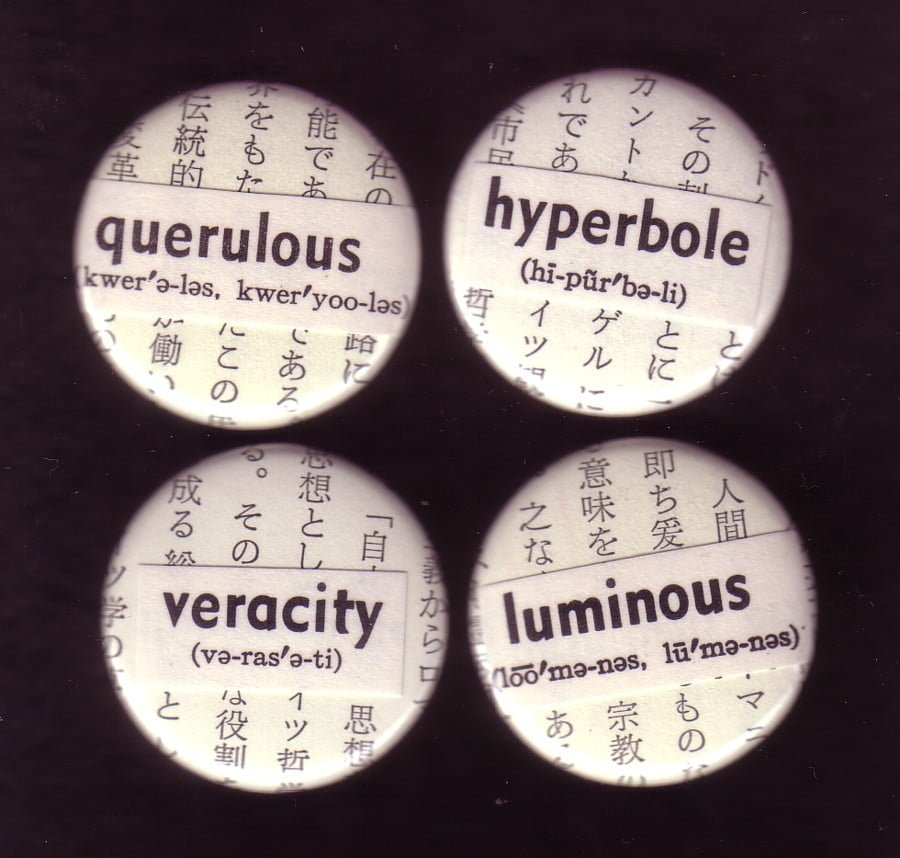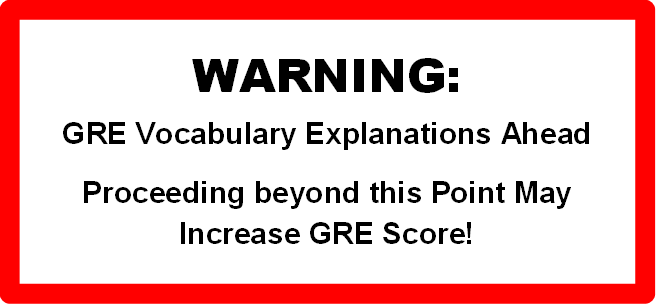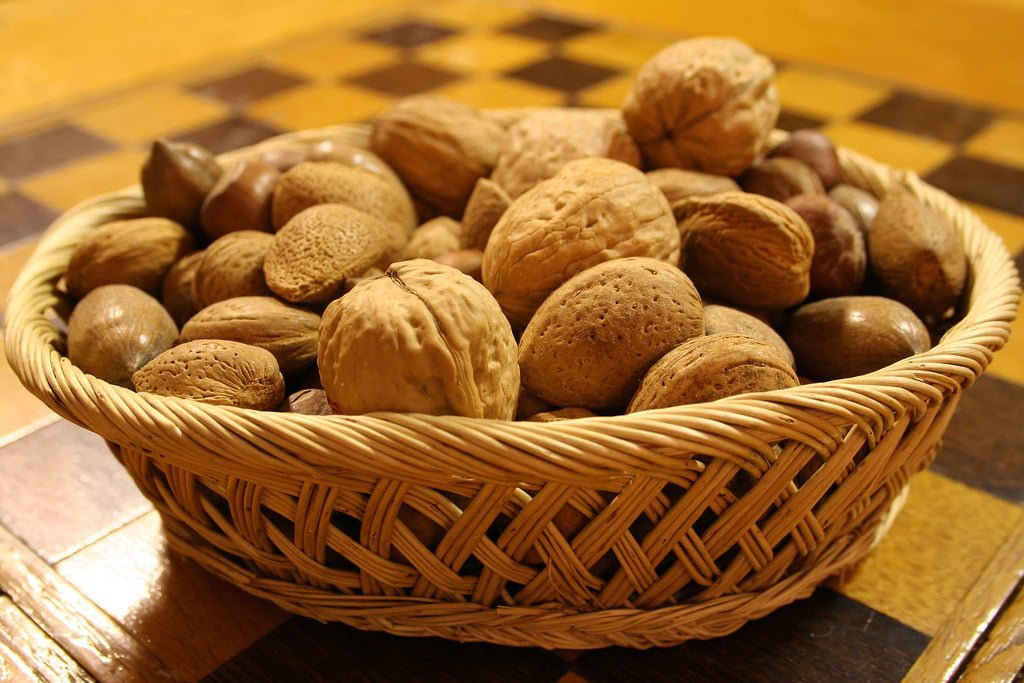
The passage below has 20 high-frequency vocabulary words in it. See if you can understand their meaning from the context. If not read the meanings and sample sentences given below the passage.
When was the last time you played a game or pursued a hobby?
One can choose a hobby from a plethora of options, and explore them more or less deeply. Some try to develop their culinary skills, or attempt writing a book, or indulge in more erudite hobbies like numismatics or philately. Some set their heart on playing a musical instrument, like the guitar.
But people often abandon their culinary journey when their first curry turns out to be insipid. Those who take up writing may love the idea of writing, but when it comes to actually writing, they find themselves staring endlessly at a blank page or computer screen. Most people are too capricious and lazy to stick with a hobby that requires a bit of discipline to be really rewarding. In the end, many become disillusioned when it turns out to be more work than they expected, and their initial euphoria fizzles out. I do not wish to flippantly claim that a hobby is all play and no work; but once you have decided which hobby you want to pursue and have familiarized yourself with the basics of it, you will find that the work that is involved is pleasurable and rewarding in a way that your regular paid work can never be.
And how do you go about choosing a hobby? Above all, don’t be a skeptic: unless you believe in your right and ability to enjoy being a neophyte in a new field, you will not be able to take pleasure in it – and pleasure is the whole point. In choosing, you should use your intuition, and choose something which fits the soul. The trick is to know your inner self, and to be both idealistic and pragmatic at the same time in following it. To find a hobby that will suit your nature and circumstances, you need to make a list of the things you enjoy doing, and then consider how much free time and money you can devote to the activity you choose. No matter how ludicrous your idea for a hobby may initially seem, you have to boldly transcend your doubts and prejudices, and savor the excitement of novelty and uncertainty.
No matter how diffident one is when taking up a hobby, no matter how casually one pursues it, it is still important to have one. A hobby can kindle a new interest in life and reveal hitherto unsuspected aspects of oneself, even on occasion leading to a new career.
Now here are the meanings, with illustrative sentences. Read them through and then see if you can understand the passage.
1. plethora (noun): a large quantity:
“It was raining on the day the politician arrived at his next campaign stop, so when he got to the podium and looked out at his audience, all he saw was a plethora of umbrellas.”
“The response to the director’s new film was a plethora of disappointed reviews.”
2. culinary (adjective): relating to cooking:
“The man I marry will have to have good culinary skills, since I will be too busy with my career to cook, and I love good food.”
3. erudite (adjective): learned; having a deep knowledge of something; reflecting such deep knowledge:
“Let us now hear what the erudite professor himself has to say about this matter to which he has devoted so many years of study.”
“Based as it was on 20 years of research, his writing was erudite; unfortunately, however, he was unable to make his subject interesting.”
4. numismatics (noun, plural): the study of coins:
“Numismatics is an important branch of archeology.”
5. philately (noun): the collection and study of stamps:
“When he told me that he had a passion for philately, I thought I would find him intolerably boring; instead, he introduced me to a fascinating new hobby.”
6. insipid (adjective): lacking taste (in both a literal and figurative sense); dull; uninteresting:
“The restaurant reviewer complained that everything on the menus was more or less insipid: he would have liked a little more spice in everything.”
“I once made an effort to read his poetry, but I found it too insipid to continue.”
7. capricious (adjective): impulsive; affected by short-lived bursts of enthusiasm; frequently changing one’s mind; resulting from or reflecting such impulsiveness:
“Being capricious by nature, he had started learning five different languages at one time or another, but had never progressed beyond the basics before giving up.”
“Thanks to your capricious decision to buy a dog, we have yet another mouth to feed in the house.”
8. disillusioned (adjective, past participle of the verb to disillusion): having the feeling that one’s expectations and beliefs about something have been disappointed and proved false:
“I had grown up believing that the university was a temple of learning filled with young people who were devoted to the search for knowledge and truth, so my first year of undergraduate study left me feeling deeply disillusioned.”
“After twenty years of work in the environmental movement, he retired a disillusioned man.”
9. euphoria (noun): intense happiness; extremely high spirits; exhilaration:
“I have never felt such euphoria as I did on the day of our marriage.”
“Most mountain climbers report that they feel a tremendous euphoria upon reaching the mountain’s summit.”
10. flippantly (adverb, from the adjective flippant): in a frivolous, non-serious, thoughtless manner (generally referring to acts of speech):
“I flippantly told her that our friendship meant nothing to me, but immediately regretted it.”
11. diffident (adjective): lacking confidence; unsure of oneself:
“Despite being told again and again that he was a musical genius, he remained diffident about his ability, and as a result retired early from his career as a concert pianist.”
“Let me assure you that your writing is of the highest quality: you have no reason at all to be diffident.”
12. kindle (verb): to light a fire; to bring something into being or inspire it, starting from a small beginning:
“As night fell, the trekkers gathered sticks and leaves and kindled a fire.”
“In his campaign speeches, the prime ministerial candidate tried to kindle his audience’s patriotism with fiery speeches about the nation’s growing importance on the international scene.”
“I gave her many books of poetry, trying to kindle an interest that we could pursue together, but she just wasn’t interested.”
13. skeptic (noun): someone who doubts:
“I used to be a skeptic in matters of religion, but at this point in my life I feel more inclined to admit that there may be a lot of truth in it.”
“The average voter is much more of a skeptic today than he was thirty years ago, and much less likely to believe politicians’ campaign promises.”
14. neophyte (noun): an absolute beginner in some field or activity:
“Despite being a neophyte in politics, the chief minister’s son was immediately given important posts and responsibilities.”
“Even when he was a neophyte in chess, he used to defeat serious players with years of experience.”
15. intuition (noun): a feeling about something that is not based directly on reasoning or logical processes of thinking:
“Most managers do not actually think through their decisions in a logical and systematic way, but depend on intuition to tell them what they should do in a difficult and complex situation.”
“I can’t really tell you why, but I have an intuition that something terrible is about to happen.”
16. idealistic (adjective): having high, noble, and possibly unrealistic ideals and principles; characterized by or reflecting such an attitude:
“When I was younger, I was very idealistic, and frequently chose to do what I thought was right, even if that meant sacrificing my own interests for the benefit of others.”
“The prime minister’s idealistic decision to institute a universal health care system proved to be an economic disaster for the government.”
17. pragmatic (adjective): realistic; having a sound sense of what is really possible and necessary; characterized by or reflecting such an attitude (opposite of idealistic):
“The new president of the company was much more pragmatic than the previous one, and instituted reforms which quickly made the company profitable again.”
“I take a pragmatic view of marriage: it should be seen as an institution that exists to make both partners happy, and if it ceases to be this, then it should be allowed to come to an end.”
18. ludicrous (adjective): ridiculous; absurd; laughable:
“Your plan to equip the doghouse with a solar-powered heating system is ludicrous.”
“On his first day of work he came to the office dressed in a ludicrous multicolored costume adorned with peacock feathers, mirrors, and chains, and was immediately fired.”
19. transcend (verb): to rise above; to overcome:
“Great works of art are the ones that deal with issues of universal and eternal importance, and thereby transcend the particular historical circumstances in which they were created.”
“Amazingly, she was able to transcend the terrible problems and challenges in her life and become the first person in her family to go to university.”
20. savor (verb): to enjoy the taste of something; to fully enjoy something:
“Just savor the wonderful taste of this garlic and carrot pickle!”
“As he felt his life drawing to an end, he made more and more of an effort to savor each and every moment and experience to the fullest.”










 If you found the last post on roots helpful, here are 2 more roots which cover 25 GRE words. For those of you who have come directly to this post, here’s a link that will help you understand why we are talking about roots so much:
If you found the last post on roots helpful, here are 2 more roots which cover 25 GRE words. For those of you who have come directly to this post, here’s a link that will help you understand why we are talking about roots so much: 
 One of the most important aspects of preparing for reading comprehension in the GRE is preliminary reading – that is, reading to be done before you start tackling GRE RC passages in order to prepare you for the challenges that those passages will throw up.
One of the most important aspects of preparing for reading comprehension in the GRE is preliminary reading – that is, reading to be done before you start tackling GRE RC passages in order to prepare you for the challenges that those passages will throw up.